Do you use ‘ping-pong’ with your students? If not, read on. Yesterday I visited a school and saw some very effective examples of it.
Reception

In Reception, the teacher gave a very short instruction: Ping-pong minibeasts! In a flash, the group of four and five-year-olds turned to face their partners and took turns to name minibeasts, like this:
Partner 1: Ladybird!
Partner 2: Bee!
Partner 1: Beetle!
Partner 2: Dragonfly!
And so on.
It was so simple yet so impressive – such a quick, easy way for those young learners to remember and practise names of minibeasts that they’d been learning. If, for a moment, they couldn’t think of another one, they could hear other pairs saying different examples.
Year 5
An hour or so later I was in Year 5 and after some explanation and modelling, the teacher instructed her class: Ping-pong sentences with relative clauses starting with character names from the book. Children immediately turned to their partners and started talking like this:
Partner 1: Martha, who was quite suspicious, rang the bell.
Partner 2: Mary, who was quite contrary, found the secret garden.
Partner 1: Mary, who is very moody, always tells the servants what to do.
And so on.
The aim was to practise using relative clauses orally, with support and challenge from their partner. I loved the way the teacher gave pupils enough time to each say plenty of examples. This collaborative, structured oral rehearsal meant that they were then all ready and confident to write a paragraph, intentionally overusing relative clauses to consolidate their learning.
This was learning though talk, in action.
My top three strategies to make sure every pupil speaks during whole-class learning
An opportunity to take your teaching to the next level
Statements to get your class thinking and talking in the lead-up to the holidays
Three steps to help your class develop their listening skills
What will happen when you remove the fear of being wrong?
I highly recommend this podcast to anyone with an interest in oracy education



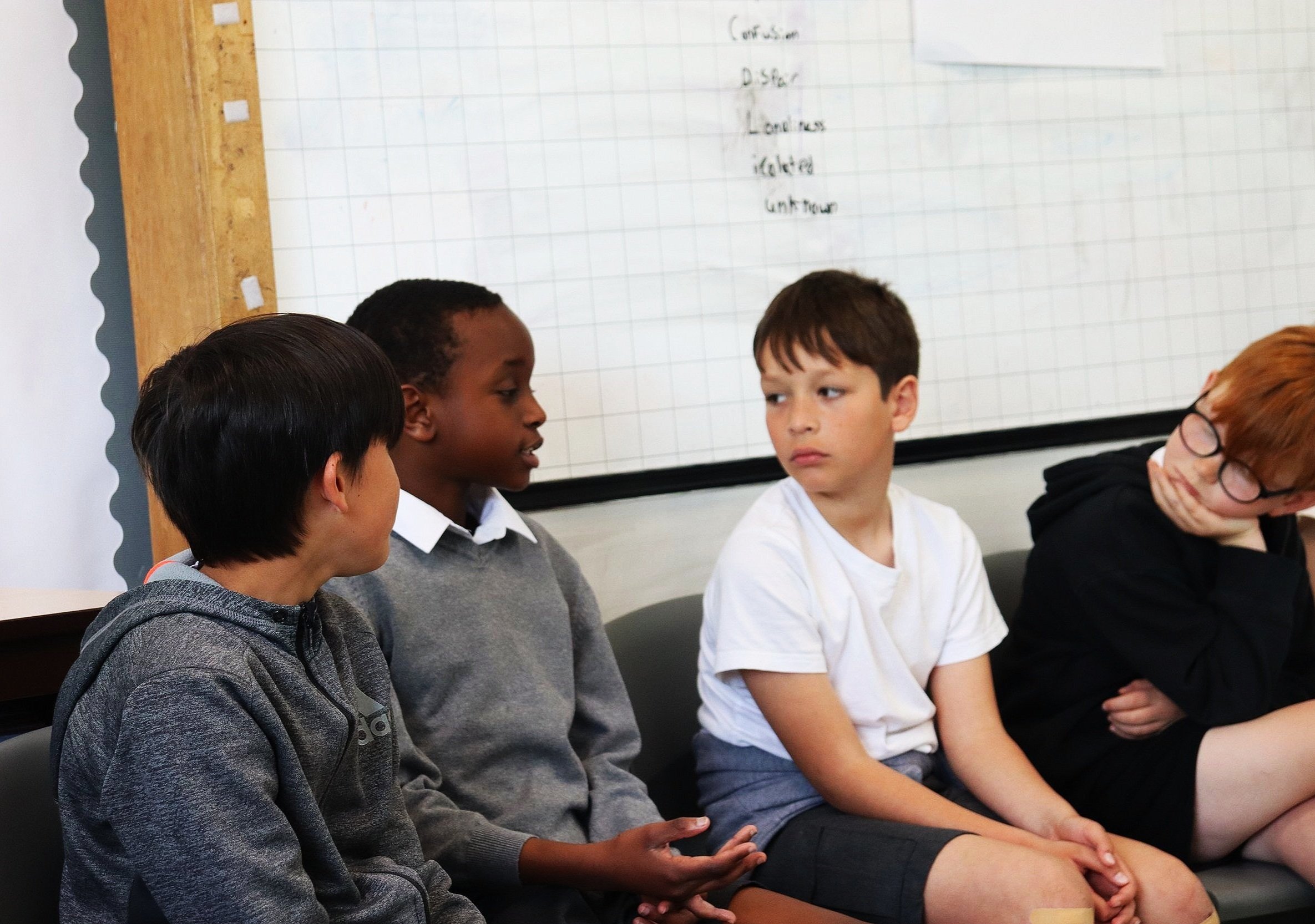




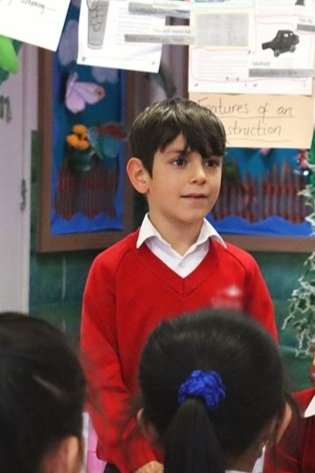
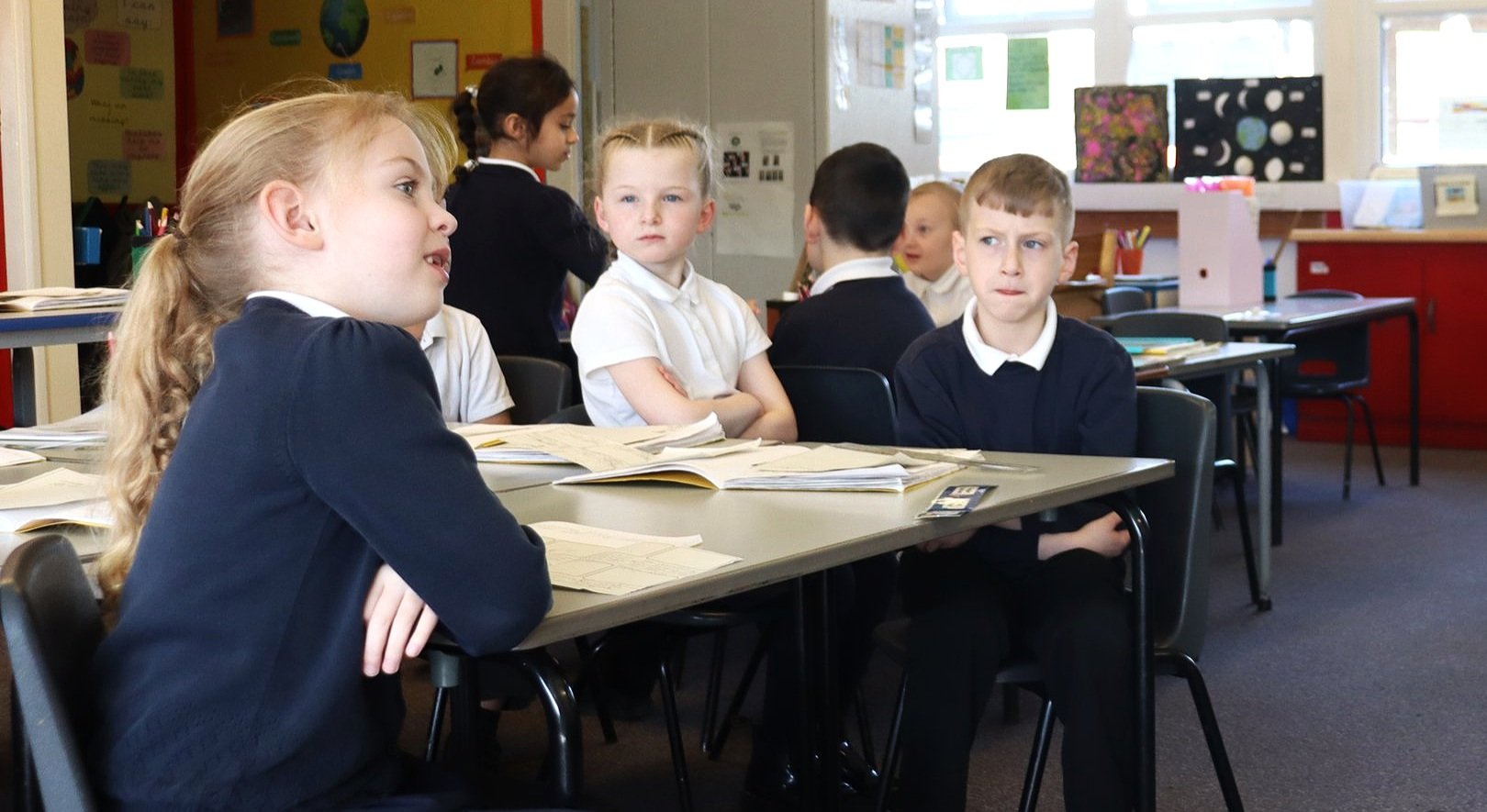










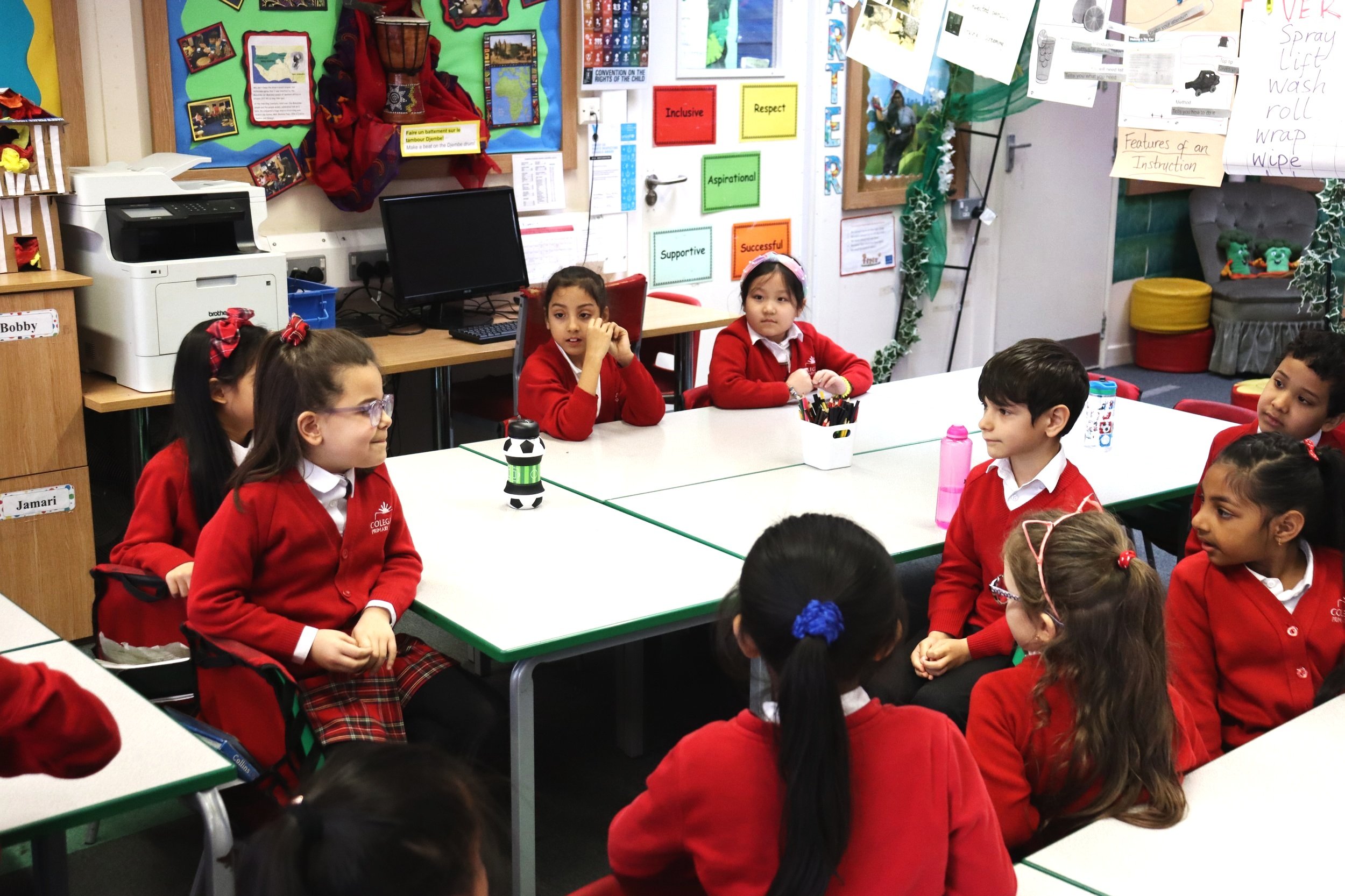
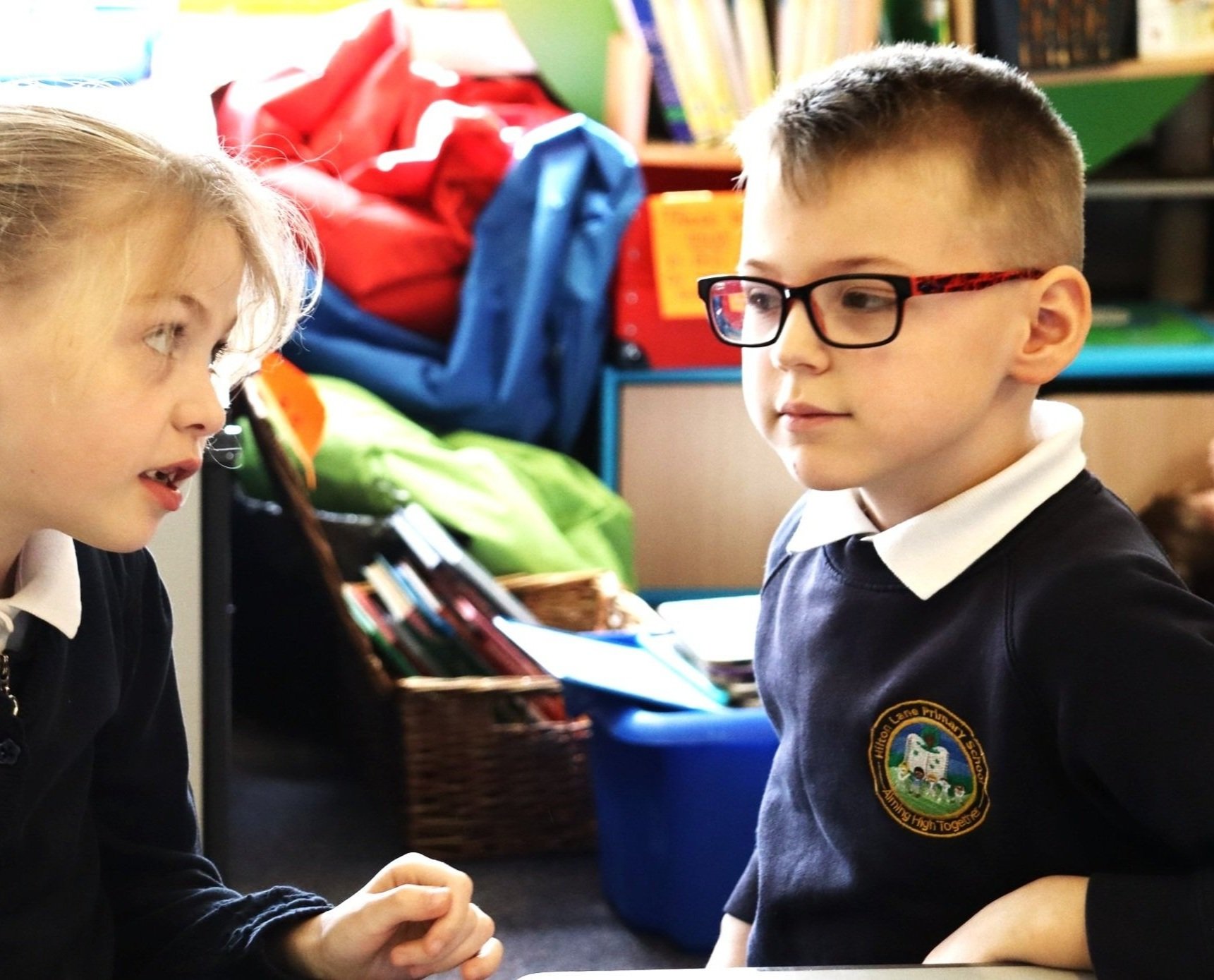



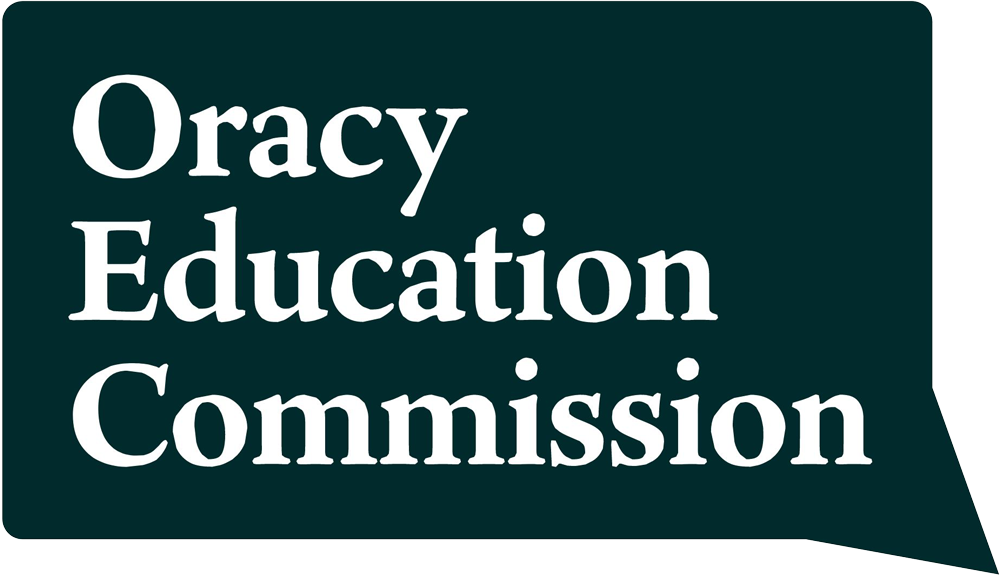
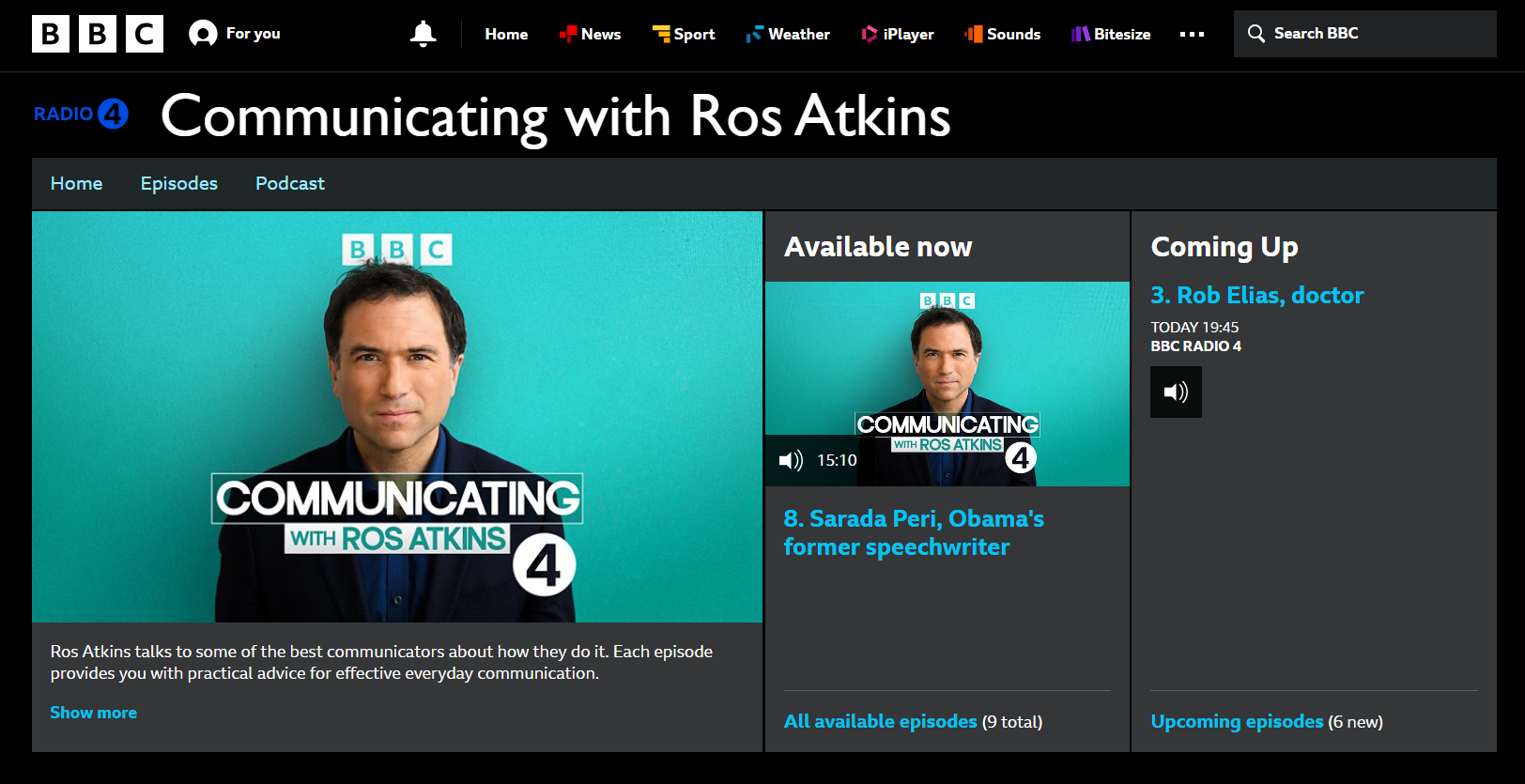


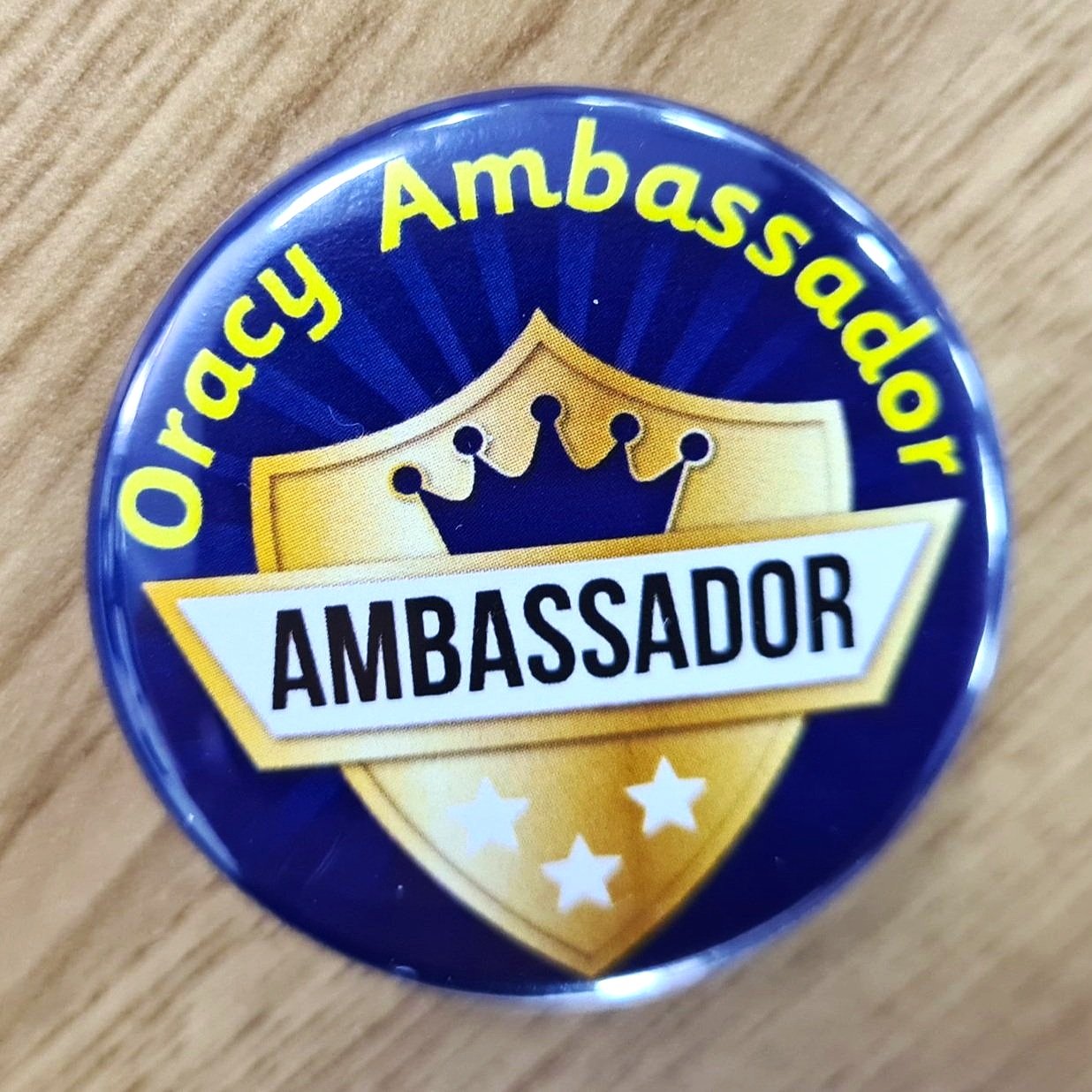
Can they remember what everyone else said?